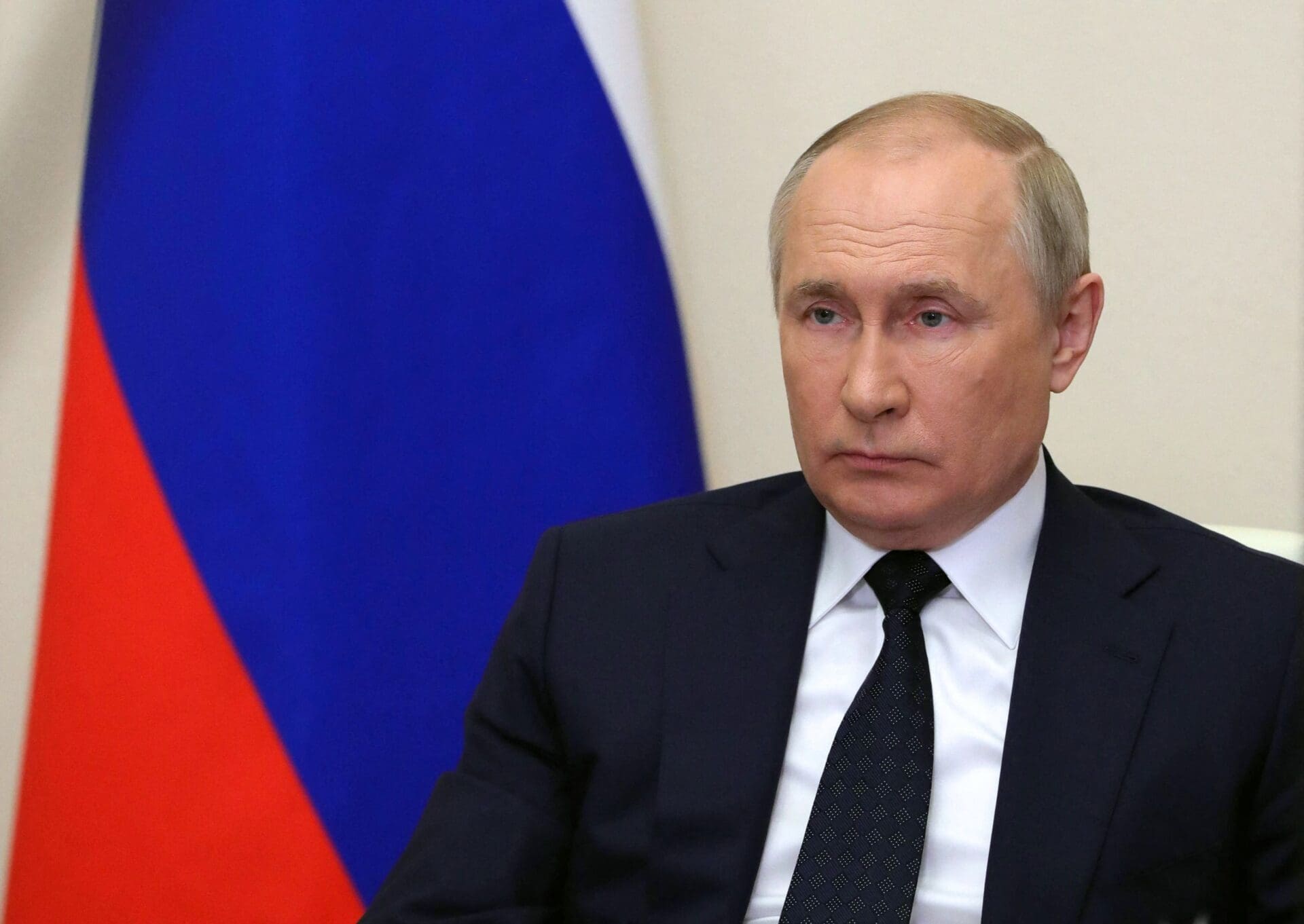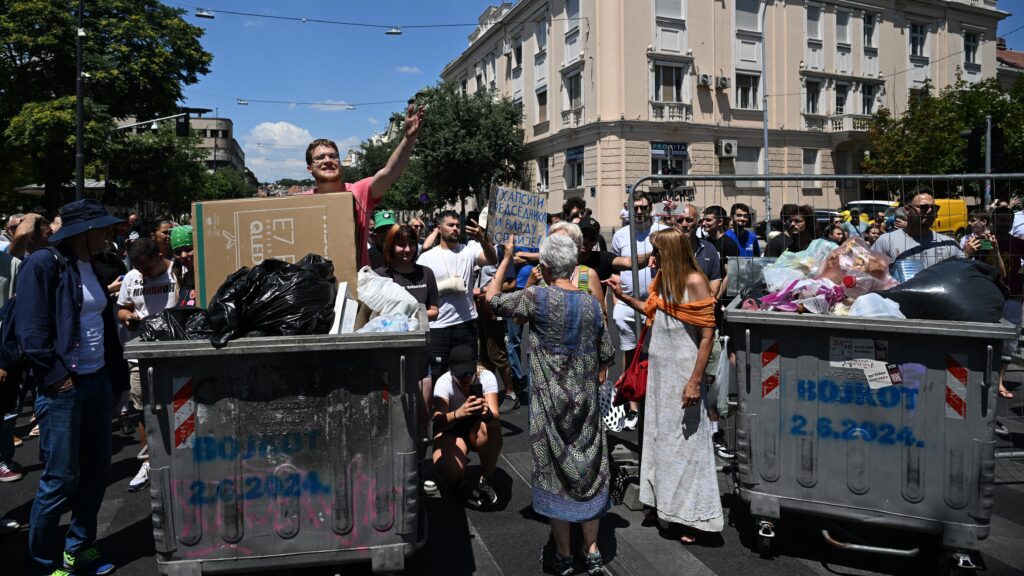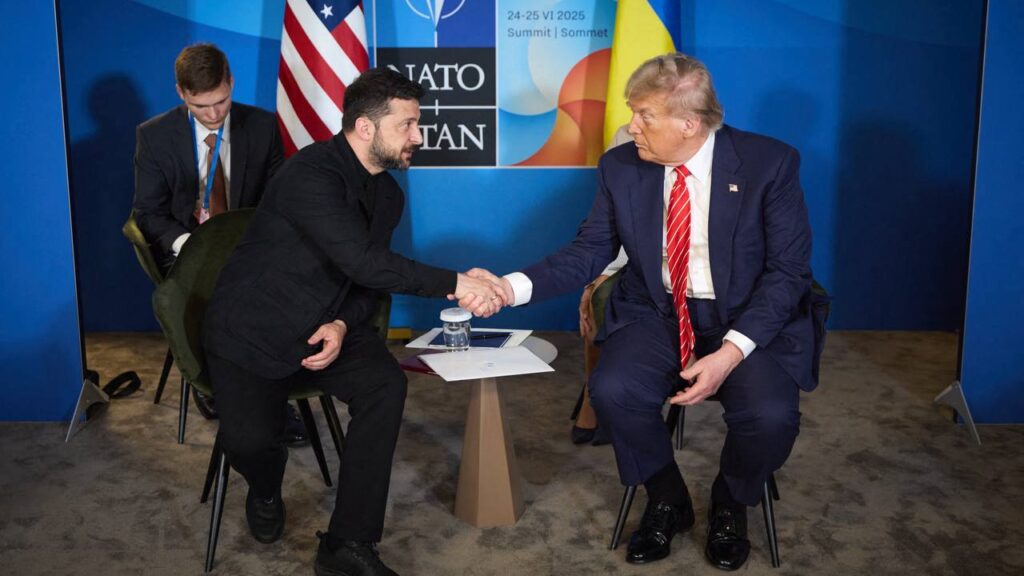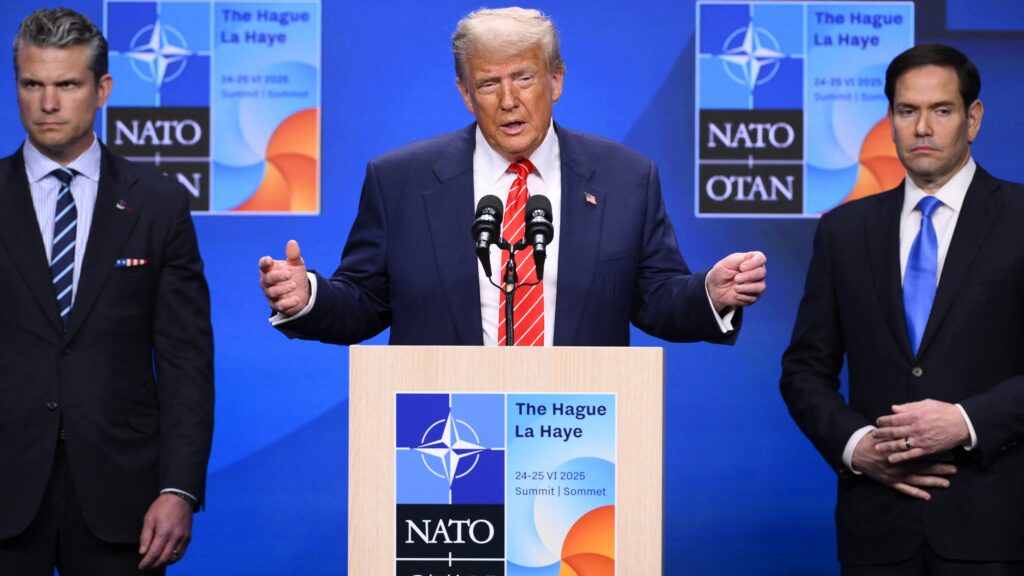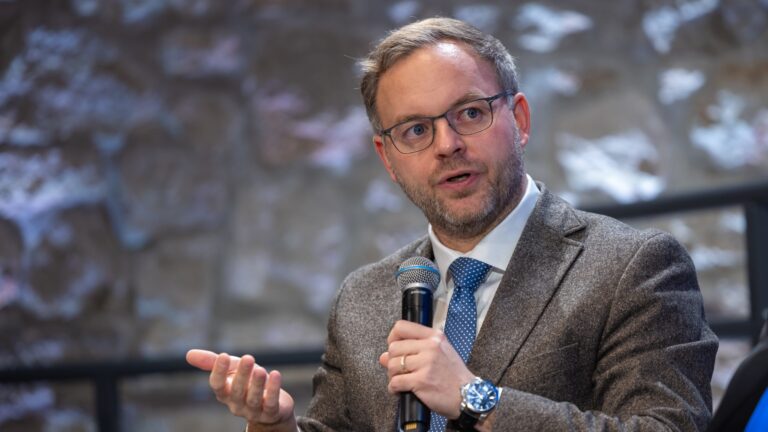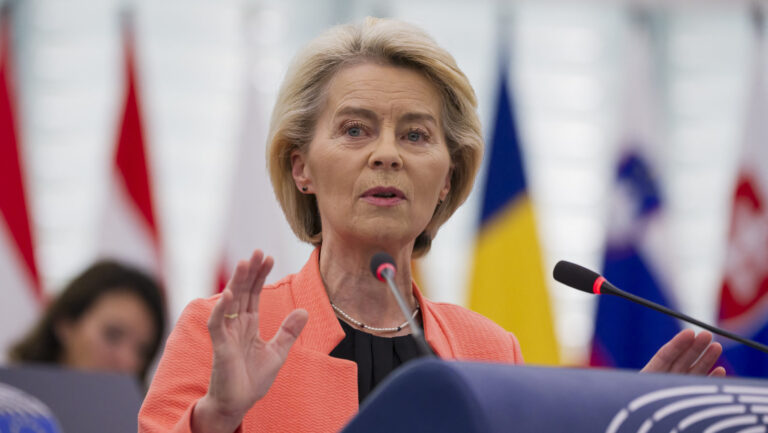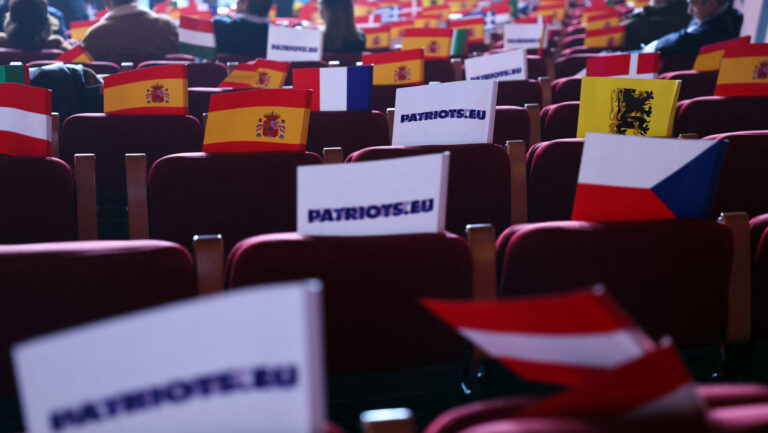Russian President Vladimir Putin met with the mothers of Russian soldiers, some of whom have died while fighting his war in Ukraine. @fpleitgenCNN reports. https://t.co/2gDF0H2dPL
— CNN (@CNN) November 26, 2022
On Russian Mothers’ Day President Putin met with a group of mothers whose sons are fighting or have died on the frontline in Ukraine. Putin expressed that he shares the mothers’ pain for losing their sons in the conflict and reassured them that their sons had not died in vain. Some of the 18 Russian mothers present at the meeting wore dark headscarves—a sign of mourning. The mothers in attendance were carefully selected, with some of them being reported to be members of pro-Kremlin organisations. The mothers, of diverse ethnicities from all across the Russian Federation, thanked Putin for his leadership and wished him well. They also proposed to hang a star on the doors of homes with a fallen soldier—a practise from World War II times. One of the mothers, who is from Luhansk said the sacrifice of her son inspires her to work even harder on making her home region part of Russia, the goal her son died for.
The meeting was more than a simple publicity stunt.
It is in fact an overt acknowledgement of the losses suffered by the Russian military and their impact on average people. The meeting also came as a reaction to growing internal criticism that mistakes were made during the war and during the partial mobilization campaign as well—poorly trained people were sent to the frontlines. Due to the widespread concern that Russian soldiers on the ground are not cared for enough, Putin emphasized during the meeting that he himself also calls and speaks with the ’heroes’ who are on the battlefield regularly, and that the goal of the meeting with the mothers was to hear from the mothers firsthand about their sons’ situation in Ukraine, and to listen to their opinions, ideas and recommendations. Since over the past months—especially since the beginning of partial mobilization—popular opposition to the war has been increasing, and mothers have started to speak up against having their sons sent to war poorly trained, Putin’s meeting seems to be an attempt to reassure the public that the government and the President care for the soldiers and their families.
Partial mobilization seems to have had a major impact on public opinion in Russia.
According to surveys, trust in news from state-controlled television has declined, while the proportion of people who look for alternative sources of news on the war has increased. The hotline set up by Ukraine for the those badly trained and equipped conscripts forcibly moved to the frontline as part of the partial mobilization who want to surrender is also reported to be receiving around 100 calls a day from Russian men who ‘want to live’. According to Kyiv, they have received inquiries even from the families of soldiers about how to avoid being drafted or who to surrender to Ukrainian forces once sent to the front. The explicit aim of the hotline is to ‘help’ those people escape military service who have been mobilized since September. As part of the hotline, Ukraine has prepared a set of guidelines for Russians who wish to defect. Ukraine promised that soldiers who surrender will be treated as prisoners of war according to the principles outlined in the Geneva Convention, and that they will not be handed back to Russia unless the soldiers themselves want to return home.

